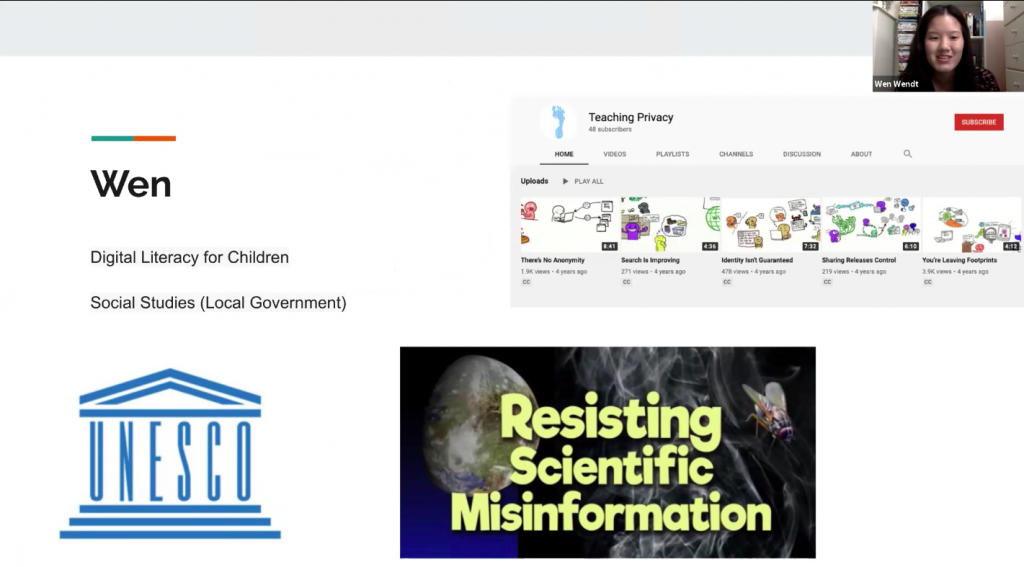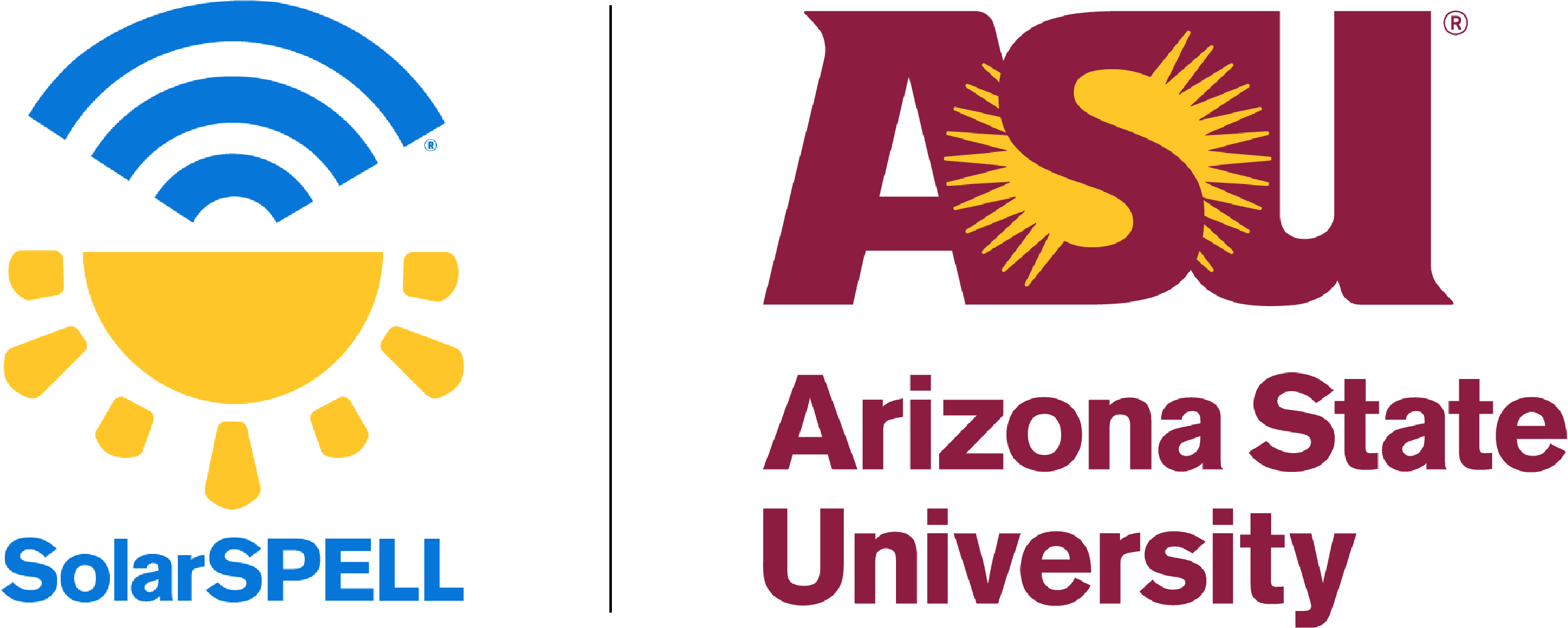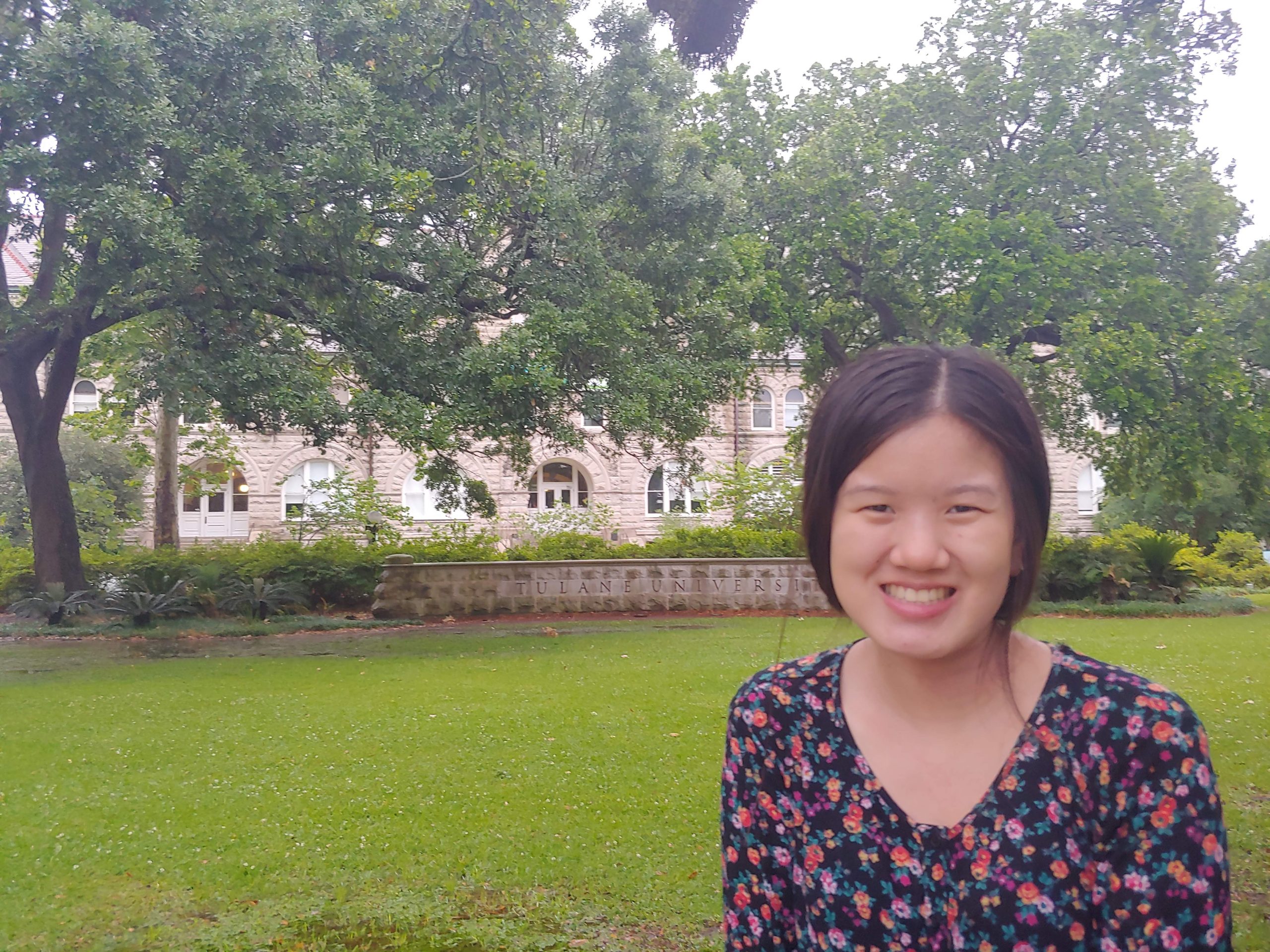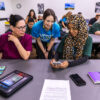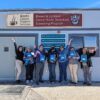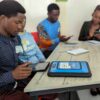It is really impressive as a student intern at SolarSPELL to see how much foresight the organization has in these spaces. As we know, technology is infiltrating people’s lives at younger and younger stages. This means that there is growing relevance to start digital literacy conversations with kids as young as primary school. For SolarSPELL to recognize value in discussing topics like climate change and now digital literacy to young primary student audiences, it is extremely special. Currently, SolarSPELL provides digital literacy content for students of all ages and adults. Content curators like myself help to make those sections more substantial and up to date for each library.
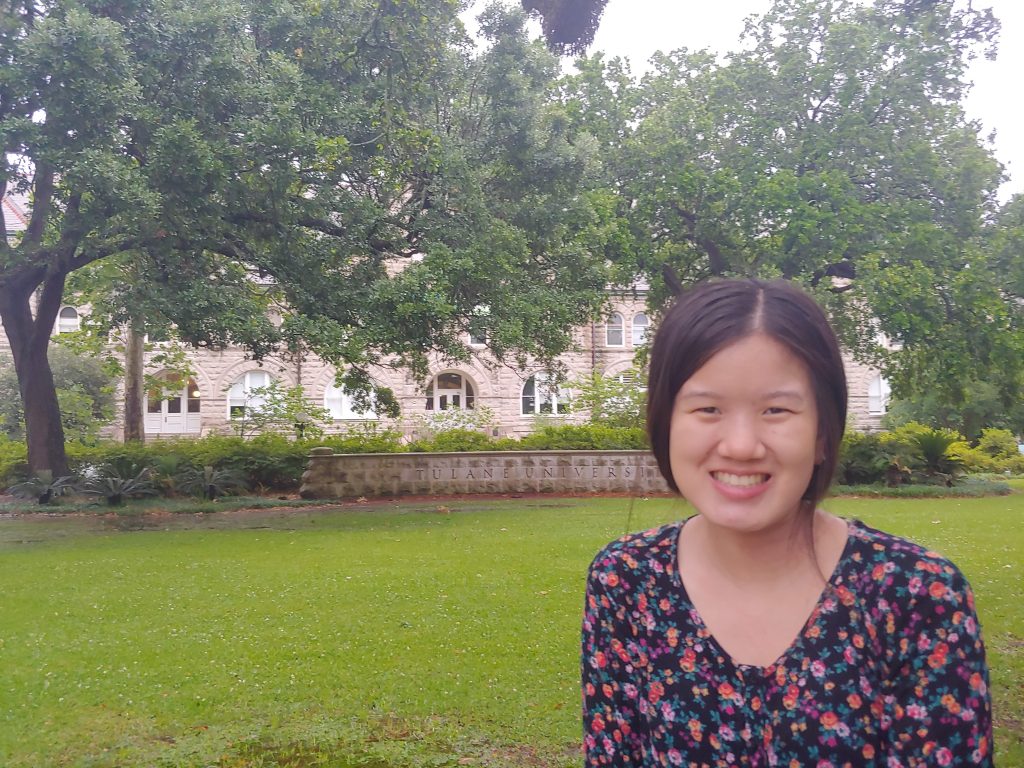
As a content curator, my job is to find content related to digital literacy for primary student audiences that would fit in a school library in a refugee camp setting, like in Gambella, Ethiopia. SolarSPELL has content curators like me curating content based on factors like user age, community role and the resource type. Through my internship, I really enjoyed the creative freedom and the professional support by Kat, one of the Library Specialists, and Courtney, the Student Engagement Coordinator.
Since I have a background creating digital literacy content for an international school, I started my role at SolarSPELL with a lot of imaginative vision for how digital literacy content could serve its function and what its role in a classroom could look like in Gambella. With that in mind, I was able to curate digital literacy content that could fit in various parts of the classroom experience. The intention was to curate content that made digital literacy accessible for a range of audience types, class subjects and learning objectives. In this way, I curated audio/visual content students could interact with individually, teacher manuals created by UNESCO, educational lesson plans on scientific misinformation and student materials on persuasive writing.
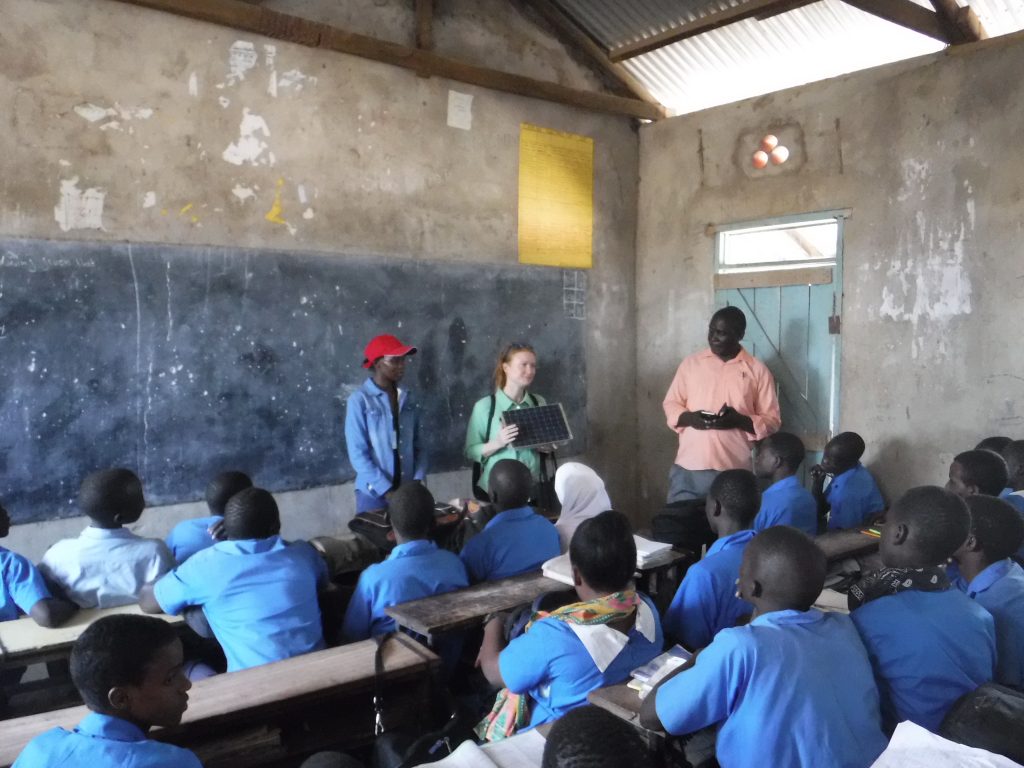
If we think about the social behaviors and habits that go into digital experiences, those most ostensibly encapsulate digital literacy in action. However, digital literacy also involves safety, privacy, etiquette and responsibility. More broadly, then, digital literacy is the skill-base needed to navigate online environments in the most effective and healthy ways. Since it encompasses a range of techniques, understandings and strategies, digital literacy emerges as a specialized topic area with individual content and relevance. While it can be interpreted in one form as computer competency, current conversations about misinformation, privacy and extremism on a global stage (which are each exacerbated by the internet) has invigorated the call for more digital literacy education to address these issues.
Arguments for digital literacy educational content maintain that it is a necessity regardless of if you are in resource constrained areas or more developed areas. However, in resource constrained areas, several assumptions are at play that influence the approach. One of those is a lower degree of consistent interaction with online and commercial outlets. This shifts the dialogue about digital literacy to favor, “this is how perspective influences the way information is conveyed,” as opposed to, “be cautious about giving personal information to untrustworthy sources on the internet.” Both conversations are important to have, though digital literacy is best understood through its fundamental concepts in resource constrained areas, when didactic ‘best practices’ teachings are not relatable.
Online information is typically accompanied with eye-catching graphics or aesthetic design that points to some inherent credibility. This is problematic, as digital information is more captivating as it entertains as opposed to its objective legitimacy. To help teach how to recognize the legitimacy of online content, SolarSPELL has taken this to deliberately incorporate digital literacy content as part of the library collection. Overall, I appreciate SolarSPELL for not only investing in training and hiring interns to curate digital literacy content for the libraries but also for dedicating a part of the library space specifically to the digital literacy content.
